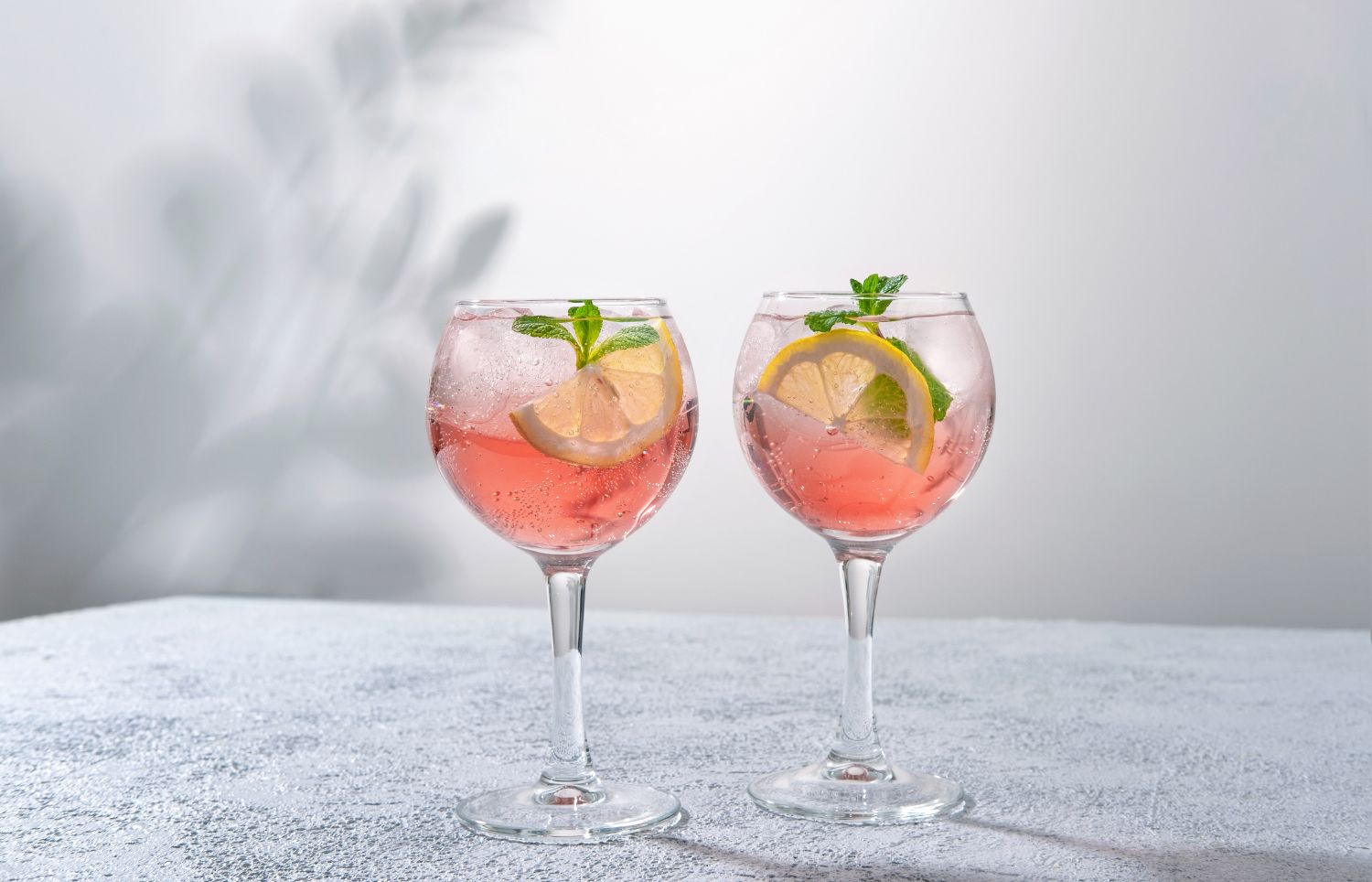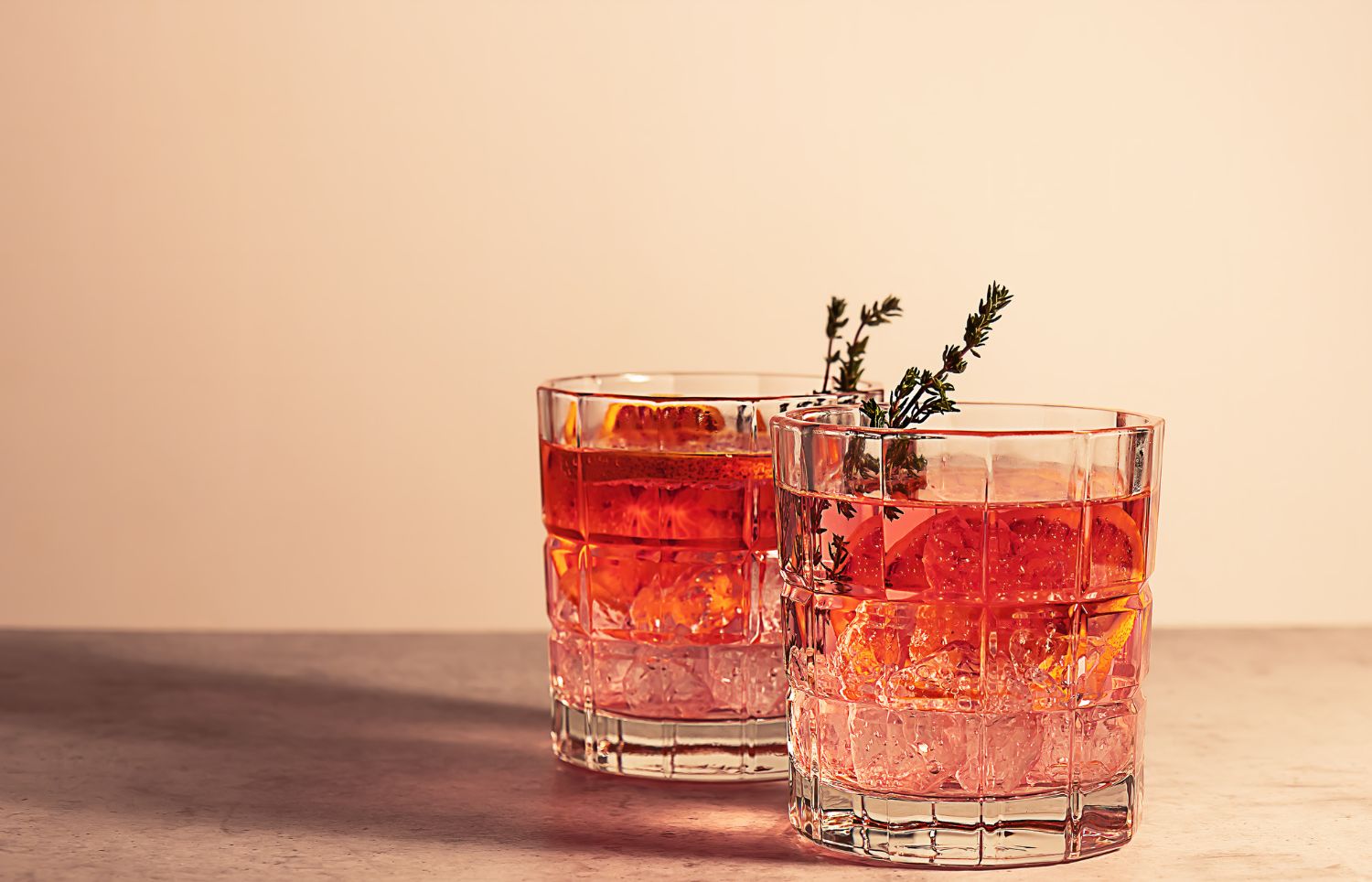
It’s a brand new year, welcome to 2025! You may be wondering what positive changes you can make to your health and lifestyle… such as drink more water, drink less wine, exercise, eat more veg, eat fewer biscuits. The sober curious movement has been growing, and could provide a healthy balanced answer for those seeking motivation. Events such as Dry January can act as a catalyst toward more long-term lifestyle changes. In this article go into the details, to help you understand the effects of alcohol on the bladder and bowel, and what the sober curious movement is all about.
What is the Sober Curious movement?
The sober curious movement is about abstaining, or vastly reducing alcohol consumption, and promoting that choice. Yes, it may be hard to believe that person who ‘gave up alcohol 5 years ago and never felt better’ but… what if it’s true?
Originally coined by Ruth Warrington with the title of her book published in 2018, and her podcast which continues to grow in popularity. She talks about alcohol specifically and our relationship with drinking and socialising, and how removing alcohol from our lives can result in being more present, gaining a better night’s sleep and becoming more focussed.
If you’re an adult over 35 in the UK, the chances are that you’ve grown up with alcohol in your life – around the family home, at parties, and it often forms the basis of our social life. But we can re-write that ‘norm’ and strive for more independence and choice.

How drinking habits are changing in the UK
The sober curious movement is growing, driven mostly by younger generations who are more mindful of their alcohol consumption. The movement is about being more mindful of consumption, as opposed to abstaining from alcohol altogether. This mindfulness, along with the potential financial savings makes drastically reducing alcohol consumption more appealing. As such, our drinking habits in the UK are changing. At this time of year in particular, our mental health is also a consideration, as excessive alcohol consumption can cause depressive tendencies.
According to Statista, we are consuming around 20% less per person than we did in 2019. The pandemic and related challenges may have inflated consumption back then, but our habits have reverted and are likely to continue to drop as more and more alcohol free alternatives hit the shelves.
There are many benefits to reducing how much alcohol you drink such as improving performance in sports, or helping you lose weight, and the younger generations seem to be paving the way when it comes to making healthier choices.

Find more statistics at Statista
How Alcohol affects the Bladder and Bowel
The good news is that alcohol doesn’t cause incontinence, but if you live with a bladder condition such as stress urinary incontinence, urgency or overactive bladder, drinking alcohol may make your symptoms worse. Alcohol acts as a diuretic, which means it causes your body to produce more urine and which would not be ideal if you suffer with an overactive bladder already. Alcohol can lead to dehydration and also cause irritation in the bladder as well, so best avoided if you suffer with a bladder concern already.
The diuretic effect of alcohol also affects your bowel, as it removes more water from the body than if no alcohol had been consumed (caffeine has a similar effect). The dehydration this causes can lead to constipation and cause you to feel very uncomfortable.
If you live with a bladder or bowel condition already, reducing or removing alcohol completely from your diet could help you better manager your symptoms, and improve your general health in the process. But why is it that we find this simple adjustment so difficult?
Alcohol and Culture
Alcohol is present at every celebration. It’s customary to have champagne at weddings, a beer at a funeral, to ‘wet the baby’s head’ at the birth of a child. In the UK there are trends and shifts in our drinking culture – the new grape blend, the latest cocktail, the best bars or pubs. Our culture has been steeped in alcohol for centuries, and our tendency to link alcohol with rites of passage seems enduring.
With the introduction of more palatable alcohol-free alternatives (and more than just orange juice or lemonade) we’re becoming more discerning as a customer base. In short, saying no to a drink is becoming more acceptable. And when it becomes more acceptable to say no, and more options are available, we inevitably adapt more easily.
The stigma remains, however, that if you don’t drink (especially as an older person) that you must have struggled with dependency and are in recovery. Younger people who have not grown up in a boozy environment may not suffer the same stigma, and as our culture slowly shifts, living alcohol free as a choice will become less unusual.

Non-Alocoholic Drinks
There are some quite fancy alcohol free alternatives available on the market, so if you are embarking on your own sober curious journey, you may need to try a few before you find the one that suits your taste.
With alcohol free spirits, you can maintain ‘sophisticated chic’ without the negative health impact… and you can still make savings with bottles considerably cheaper than their alcoholic counterparts.
Most supermarkets also have a non-alcohol section in their wines and beers section, where you can pick up a nice low alcohol red wine for under £5 and make a spiced mulled wine for winter days. Pop it in a flask and take it on your next walk!
Alcohol free beer is also available from most of the big brewers, again it’s just about finding the right taste for you! A lot of the alcohol free beers contain considerably less sugar too, so it’s good for the liver and for the waistline.
Beyond that, you can find a wide range of soft drinks of course, as well as herbal teas and infusions. There are also a range of plant based distillations now available which are a lot more grown up! Once you’ve found your new alcohol-free tipple, you’ll forget what all the fuss was about!

Making the switch
So, are you sober curious? Willing to give it a try? With alcohol such a large part of UK culture, it can take a strong will and even stronger personality to maintain this shift.
If your social circles are still centred around the pubs and bars, this can be even more challenging. That shouldn’t stop you though, with more pubs now offering alcohol-free beer and more interesting soft drinks as they cater for our healthier habits.
Here are a few tips to get you started:
- Adapt, as opposed to deny yourself – find a way to continue to be social, but without the alcohol.
- Friends can sometimes by pushy – help them understand why it’s important to you to make it the new normal.
- Organise activities that aren’t centred around a drinking culture – you may find your friends following in your footsteps.
- Try not to become the designated driver by default – set expectations so that you don’t get relied on for a lift, just because you don’t drink!
- Choosing a fancy glass can make all the difference, add ice, a slice or a sprig and you will have instagram-worthy beverage that won’t have you feeling left out (or so obviously dry). If you’re out with friends, request a fancy glass for your alcohol-free drink. Many bars will be happy to provide, and having your lemonade in a bowl-glass with a slice of lime would certainly make more of the occasion. If they don’t offer, ask the bar-tender and help them understand why it’s important to you.
- Seek out new groups and venues which are alcohol-free to try, see below.
Already Sober Curious
There are a number of groups and influencers who are already tooting their own trumpets about becoming sober. Some of these are open about previously having an alcohol dependency and sharing their story to help others. Others such as journalist Hazel Martin was told by doctors that her life was in danger if she didn’t give up alcohol; her social binge drinking had ended up causing alcohol related liver fibrosis at the age of 31. The Sober Girl Society was founded in 2018 and offers a safe space through events and social media, for women to explore the idea that you don’t need alcohol to have fun.
Experts such as Sober Dave have developed trauma-informed methods to help others to gain sobriety and successfully curb cravings. 40 years of alcohol abuse fuelled this passion and helped inform his transformative approach.
There are now alcohol free venues and events popping up in response to people’s search for sober alternatives to ‘an evening at the pub’. Sober is Fun is the only alcohol-free comedy club in London and attracts names as big as Frank Skinner, or House of Happiness is a sober night club if you prefer to rave on a natural high.
Most of the special events or venues focus on recovery from alcohol, as opposed to living sober by choice, but in time this could evolve
Further Information
Any change in diet and lifestyle should be approached with caution, and with an informed approach. Speak to your healthcare provider for advice, and make changes gradually to allow your body to adjust.
You may want to take part in Dry January as an ‘excuse’ to try it out for yourself and see how you feel after a few weeks off drinking.
If you’ve been a heavier drinker for some time and are looking to reduce your alcohol intake, it’s important to seek specialist advice. Organisations such as Alcoholics Anonymous are a great source of support and motivation for you to make the switch away from a more dependent lifestyle. We advise anyone making big changes to their lifestyle such as this to consult a GP first, to ensure they get the right support.





